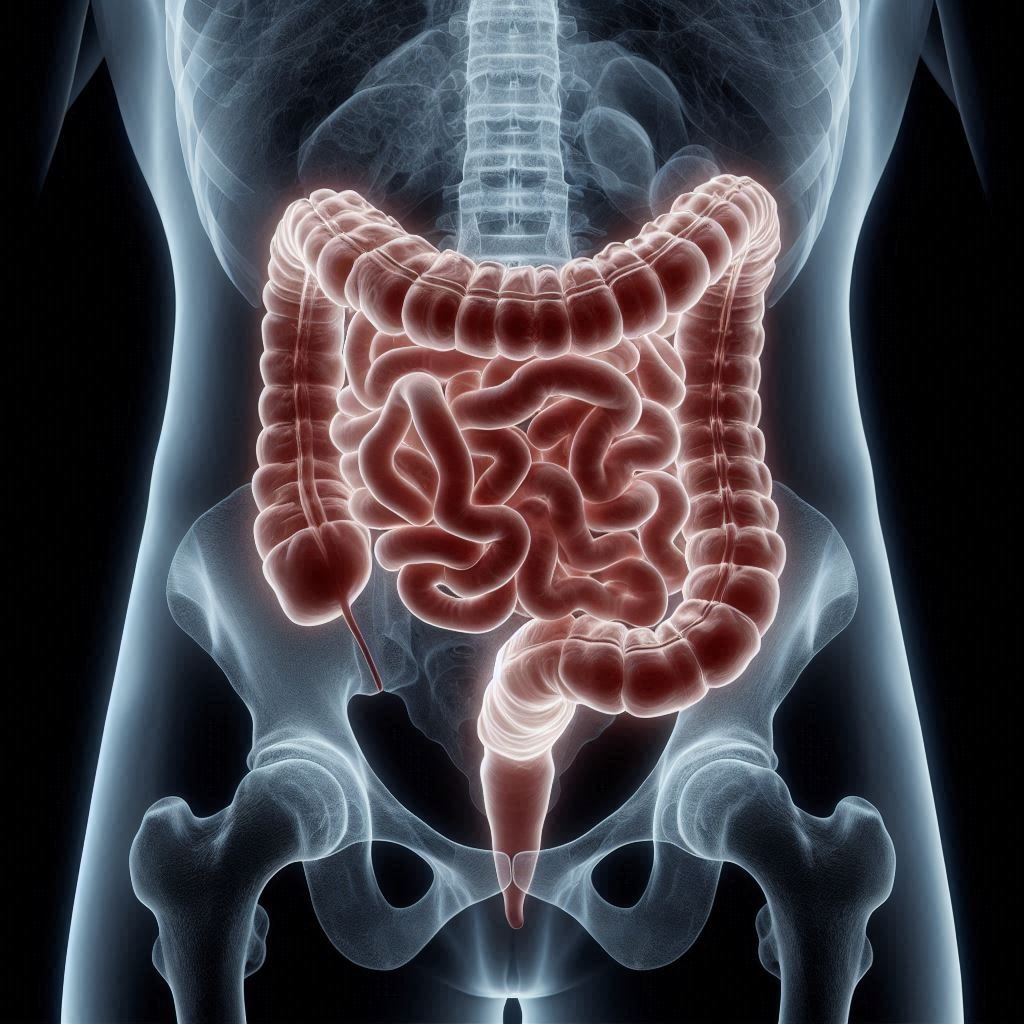
Colon cancer is the third most common cancer in the US today with just under 150,000 new cases diagnosed every year. In addition, each year sees over 50,000 people lose their lives to the illness. But why do people get it? Is there a particular type of person who is at risk? Are there steps you can take to prevent it? In this article we’ll discuss 5 methods that can used successfully to prevent this disease.
1. Lose Weight.
Obesity is associated with a greater risk of developing colon cancer. In studies it was found that the condition occurs much more frequently in those who are obese compared to those who have a healthy weight. A recent study published in the journal “Gut” showed twice the rate of colon cancer in obese women, as compared to their slimmer sisters. An increased risk is present in men who have a BMI over 30. Abdominal obesity is also thought to be a specific risk factor.
2. Attend regular screenings.
Without a doubt, attending regular colon cancer screenings reduces the risk of developing this illness. Screening allows for the early detection of polyps – these are little, fleshy, bulb-like growths in the colon that often lead to cancer. If doctors can detect these early, and remove them, it significantly lowers a person’s risk of developing the disease.
3. Be aware of the “Age factor”.
Age is a big factor in colon cancer as more than 90% of people diagnosed are 50 years or older. If you are over 50, making time for regular colon cancer screening is essential, to enable doctors detect the presence of colon polyps at an early stage. Polyps are an early and harmless form of the disease.
4. Eat a healthy diet.
With a poor diet such as one with low fiber, high cholesterol, fat, and sugary food the incidence of colon cancer is higher. Low dietary fiber in particular, is associated with this, and other forms of bowel disease.
5. Avoid Smoking.
Cigarette smoke is well known to contain carcinogenic chemicals and is associated with cancer. Smoking increases the sizes of polyps in the colon – in particular adenomatous polyps, the dangerous kind. Research shows, that the larger the size of the polyp, the greater the chance of developing colon cancer. Numerous studies (including one by Harvard) have shown a link between colon cancer and smoking.




